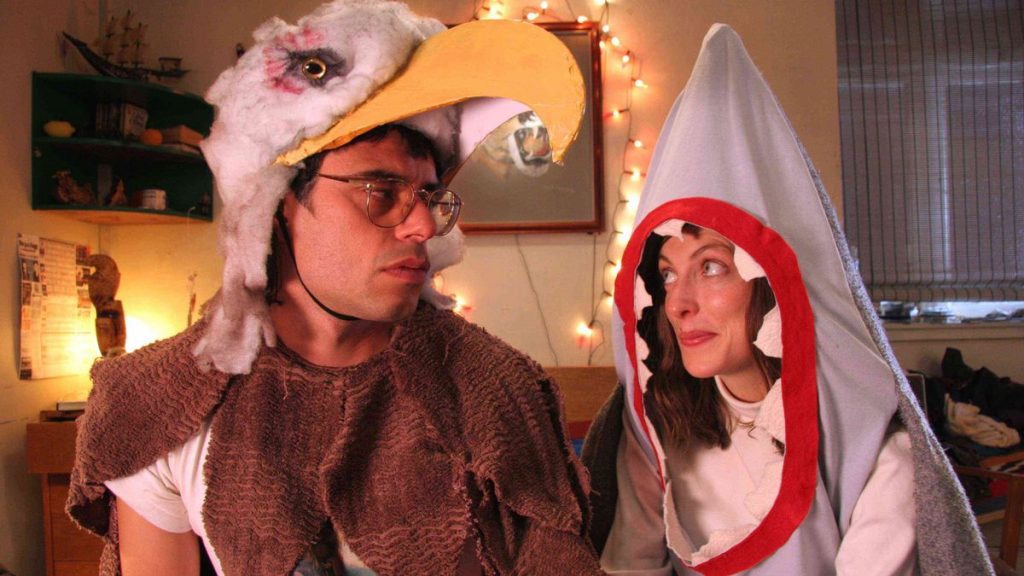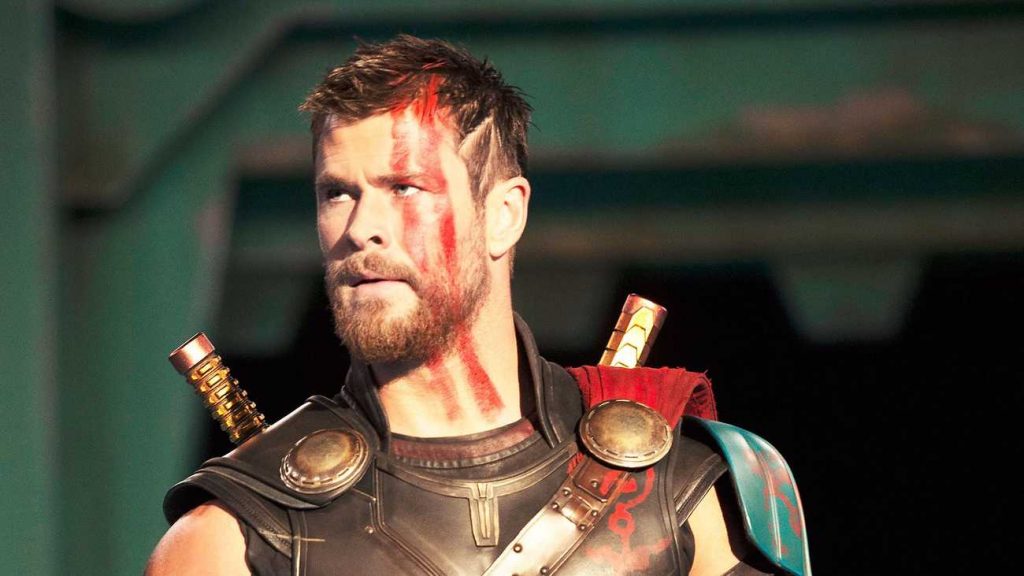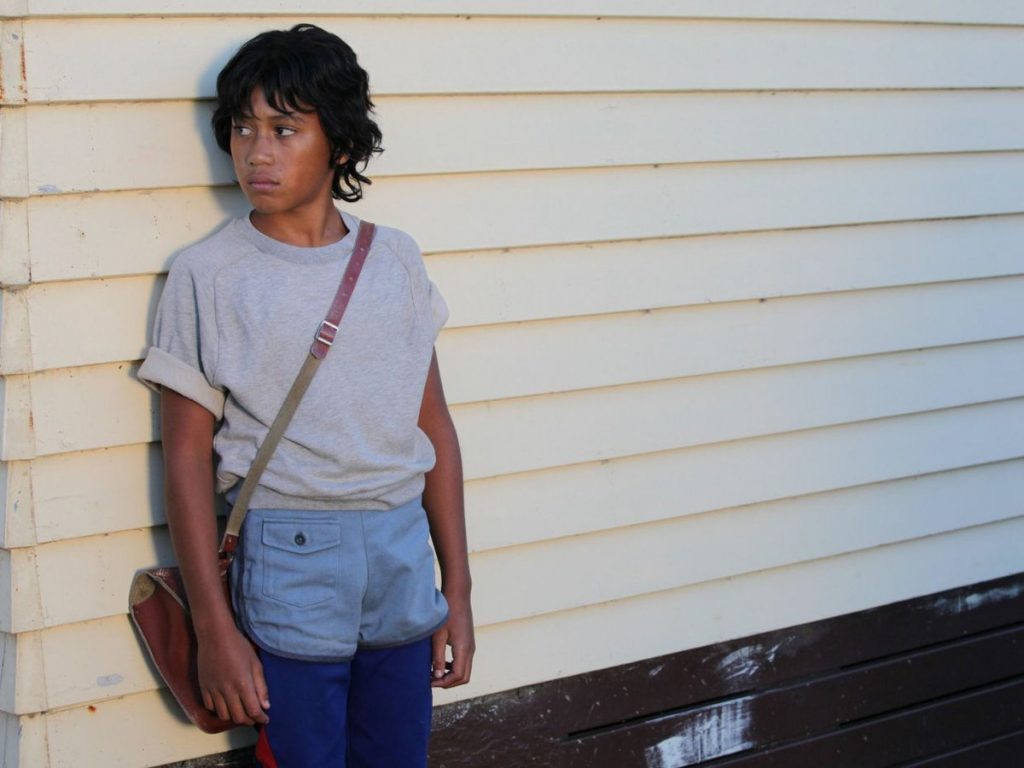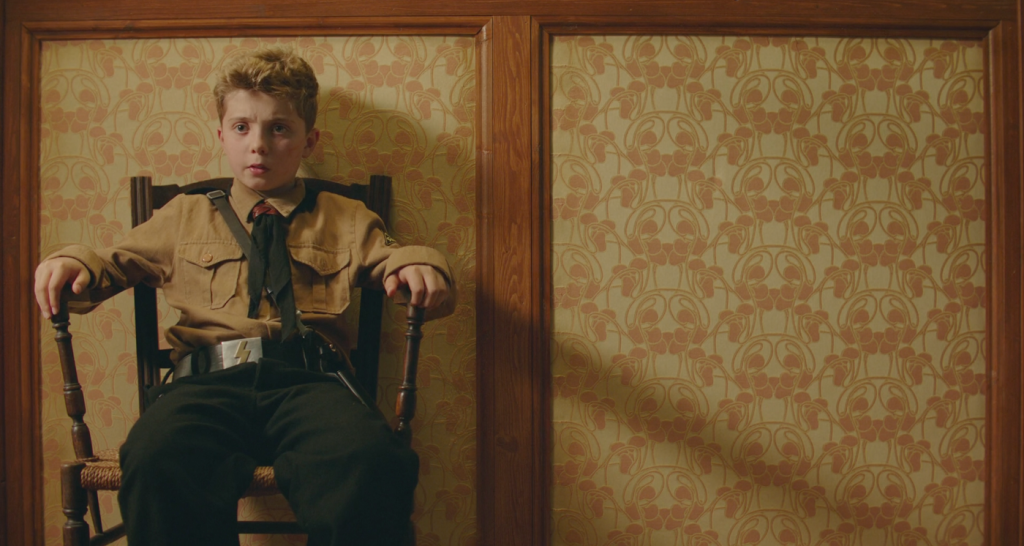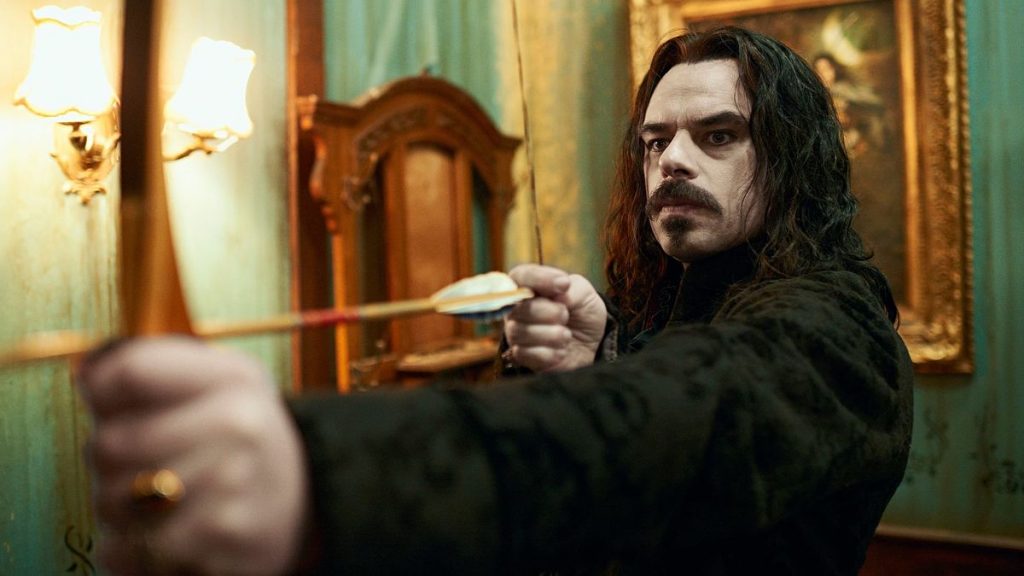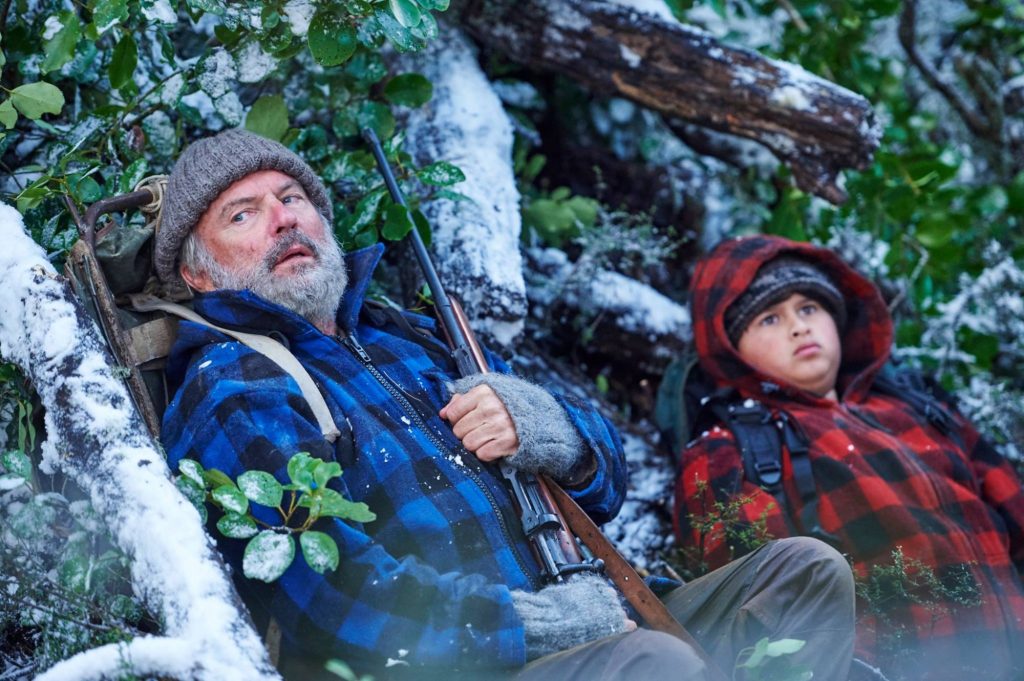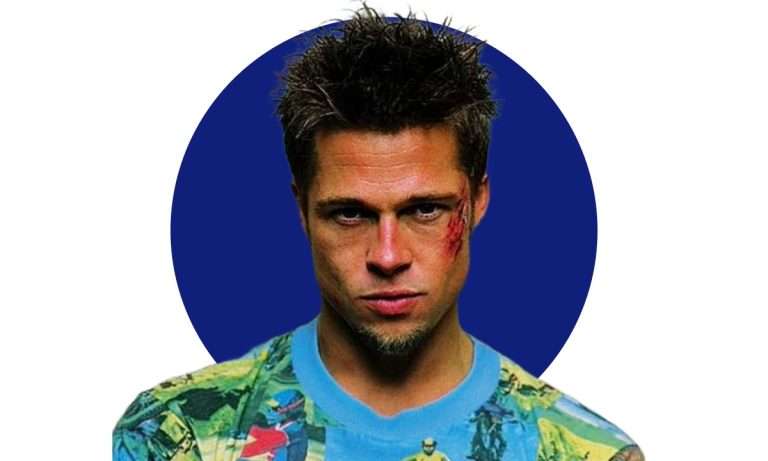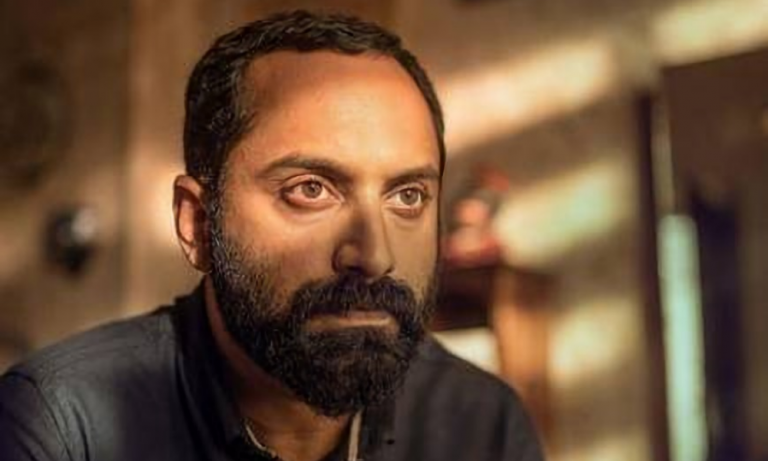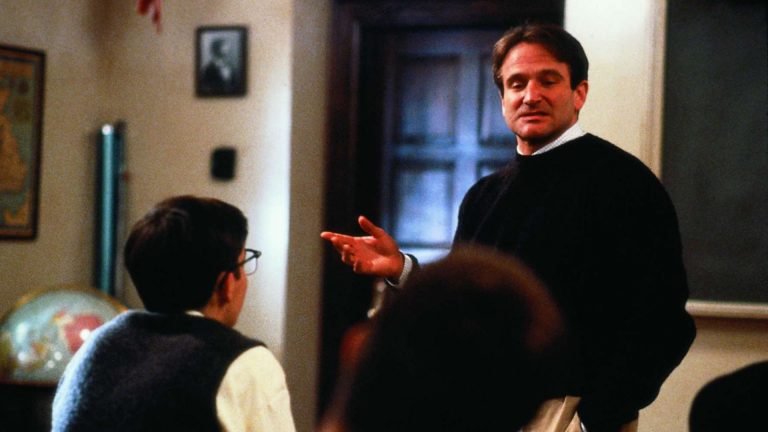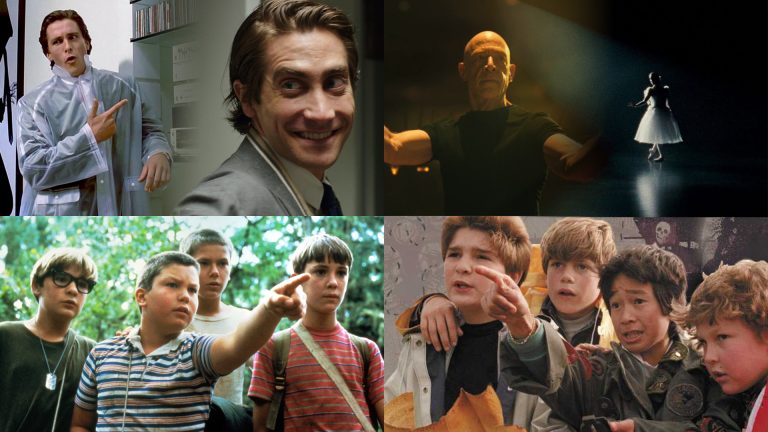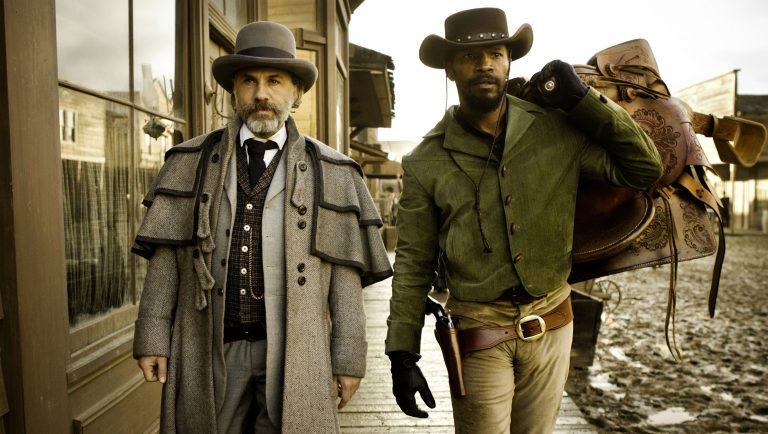“Comedy has always been a way of connecting audiences and delivering more profound messages by disarming them and opening them up to receive those messages.”
These words, spoken by Taika Waititi, are key to understanding his cinematic style. The New Zealand director, writer, and actor is known for his comedic chops and playful personality, which is evident throughout his films. However, these humorous elements often mask deeper meanings and character complexities in a subtle and often charming manner. The celebration of his New Zealand identity and the heavy use of ‘outsiders’ amongst his characters also contribute to Waititi’s unique style. Yet, ultimately, it’s his natural flair and witty creativity that differentiates him from other filmmakers. Here is a look at his 7 current feature films, hopefully we will see more from this director in the future.
7. Next Goal Wins (2023)

When we talk about the weakest films coming from directors of excellent repute, we often tend to mention in passing how that particular film doesn’t feel like it is made by them. However, that is not the case with Next Goal Wins, Taika Waititi’s latest sports comedy based on the real underdog story of American Samoa’s national soccer team that took to hard work and self-confidence in order to carve an identity out of their humiliated history of match losses. There is his trademark style of humour and a set of eccentric characters caught in relatively simple situations.
And yet, it feels like a cash-grab opportunity soullessly cashed in by the studio’s motives to tell a true story with a hint of political awareness. What we get instead is a dry and barely-there attempt at it, with a white saviour narrative that insists to stay despite having an interesting trans woman as a pivotal character. Although having a funny performance by Michael Fassbender, and a potent climactic match that works despite the usual shoo-in of histrionics, Next Goal Wins in terms of its humour is extremely cheesy, formulaic and watered-down.
6. Eagle Vs Shark (2007)
Eagle Vs Shark was Waititi’s first step into directing a full-length feature film, which received mixed reviews, with many claiming it bore too much resemblance to 2004’s popular Napoleon Dynamite. Despite the uniqueness of Eagle Vs Shark coming into question, this quirky film maintains a distinctive art house style which undoubtedly sets it apart from mainstream cinema.
The premise of the film was initially built around the titular character Lily, played by Loren Horsely, who helped in the creation of her character. Lily is an awkward oddball who easily falls into the typical ‘not like other girls’ trope. Struggling as an outsider, Lily finds both solace and romance with Jarrod (Jermaine Clement), a nerdy man-child who also doesn’t fit within the standard societal mould. We follow the a-typical pair as they question their relationship and face external challenges, as well as overcoming personal struggles.
The movie is appealing due to it’s dry humour and quirky nature, the latter being emphasized by sporadic scenes of symbolic animation. However, if the film is aiming to tell a love story, it falls short. Whilst Lily shows her vulnerabilities, kindness and greater social awareness, making her a more relatable character, Jarrod is often rather intolerable. Whilst sometimes amusing, Jarod’s childish attitude can also be interpreted as aggressive, misogynistic and rude, especially towards the likeable Lily. These undesirable qualities have the viewer routing for Lily to break free from Jarrod rather than them surviving as a couple. Despite this, perhaps this off-beat and unpredictable romance was what Waitati envisioned. When interviewed about the film, Waitati said he wanted a love story based on acceptance which was both clumsy and pure. The pair certainly show acceptance towards the final scenes, but whether or not the audience accepts them as a couple is questionable.
5. Thor: Ragnarok (2017)
Despite Waititi’s previous films receiving critical acclaim, Thor was his first opportunity to truly break into the mainstream and reach mass audiences. As a director, Taika Waititi was an unusual choice as many of his works stray far from the typical Marvel mould. However, the decision clearly paid off as Thor grossed a huge $854 million, receiving widespread praise and cementing itself firmly amongst Marvel’s finest.
Related to Taika Waititi: 10 Best Cate Blanchett Movies
For those unfamiliar with the Marvel Universe, the film introduces many new characters and storylines, therefore it’s not entirely necessary to have previous MCU knowledge. It revolves around Thor and his wayward brother Loki as they navigate their way around a new world, whilst planning to defeat their evil sister Hela in her attempts to take over Asgard. Waititi stayed true to the superhero genre by including cosmic visual effects and epic action sequences with plenty of sci-fi and fantasy elements. This was paired with an edgy soundtrack which perfectly encapsulates the other-worldly tone of the movie.
Alongside these features, Taika Waititi also stayed true to his own distinct style by adding humour and comedy in abundance. The casual nature and witty jokes when faced with life-threatening situations are enough to hold your attention and maintain a general light- heartedness. Aside from the film’s somewhat goofy nature, there are other distinguishing aspects. The female characters are unique in that they take on typically male characteristics; Valkyrie is a drunken ex-warrior and Hela exists as one of only a handful of central female villains within MCU. The male leads, Thor and Loki, are also able to undergo some character development as they let go of the pretences surrounding their external image (Thor’s hair and hammer) and connect to who they really are deep down. The combination of all these elements certainly prove that Waititi is able to appeal to the masses – if he chooses to do so.
4. Boy (2010)
Many of Waititi’s films offer a not-so-subtle nod to his life in New Zealand, with many of his works featuring locations and cast from his home country. Despite Boy being a work of fiction, it seems the movie is the most reminiscent of Waitati’s own upbringing, which gives the film a rare intimate feel.
Contributing towards this personal approach, Boy was shot in rural Waihau Bay, in the town where Taika Waititi himself partly grew up. The film is also set in 1984, an ode to Waititi’s own childhood in the 80’s. Boy is ultimately a coming-of-age story and follows the lead, whose name is also Boy, as he faces the conflict between childhood and adulthood whilst coming to terms with the realities surrounding his previously absent father. Despite great performances from Boy’s brother Rocky and his father, played by Taika Waitati – it’s Boy himself who steals the show. Cast only 3 days before filming, James Rolleston displays a naturally strong presence and charisma. The underlying seriousness of the film is balanced by Boy’s matter of fact humour and amusing childish charm.
We see Boy’s transition away from childhood displayed in his desire to grow up and be like his father, yet still exhibiting an endearing naivety and playfulness. This spirited element is also represented in his younger brother Rocky who uses his imagination and sense of adventure to embrace childhood. Moreover, Boy’s father who, despite being the ‘man in charge’, shows signs of immaturity as he constantly runs away from responsibility and lives in his own unrealistic fantasy. We see how Boy reacts to these blurred lines and harsh truths with a good balance of witty humour and sincerity. The film could also be a reflection of Waititi’s own desires and dreams for ‘more’ against the backdrop of his own tough upbringing.
3. JoJo Rabbit (2019)
Creating a comedy based on Nazi Germany, starring Hitler in a leading role, was always going to be controversial. JoJo Rabbit was rejected by many studios straight off the bat and Waititi admits that pitching the idea was somewhat awkward. The premise of the film was inspired by Christine Leunens’ book ‘Caging Skies’, with Waititi opting to use the more sombre elements, whilst injecting a good dose of humour alongside.
Related to Taika Waititi: 10 Best Scarlett Johansson Movies
JoJo Rabbit takes its name from the lead character Jojo; a committed young member of the Hitler Youth despite his timid and sensitive nature. Central to the story is JoJo’s imaginary friend, who bizarrely takes on the form of Hitler himself. This controversial role was played by Waititi, who ironically self-identifies as a ‘Polynesian Jew’, and admitted that his physical transformation into Hitler on set was not entirely comfortable. Despite JoJo’s idolisation of Hitler; upon meeting and spending time with Elsa, a young Jewish girl, we see how Jojo begins to question his own mentality and morals stemming from German propagandistic society.
The stark contrast between Hitler and Elsa creates an obvious depiction of good Vs evil and JoJo’s moral conflict between what’s right and wrong. However, much like in reality, the characterisation shows that things are rarely this black and white. Both JoJo and his friend initially strongly identify as Nazi’s, and yet they are both likeable and endearing. The use of children also shows us the power of influence and how it can negatively shape the most innocent and good-natured amongst us. The Hitler Youth leader, played by Sam Rockwell, is also someone who, by profession, we are not supposed to like; but even he gains our respect towards the end. Behind the humour and clear mocking of Nazi ideology – there is a message that humans are a complex species and, for the most part, we do not fit into one single category. JoJo’s false preconceptions and bias upon meeting Elsa also show how discrimination and prejudice is often based on ignorance – something society still struggles with today.
2. What We Do in the Shadows (2014)
What do you tend to think of when it comes to vampire movies? Often it’s the predictable formula of lustful romances and teenage heartthrobs. Deviating from the conventional, What We Do in the Shadows manages to flip this genre on its head and create a hilarious mockumentary-style vampire comedy. This unusual mix of genres was unsurprisingly a tough sell when pitching to studios. However, after 9 years in the making, we were eventually gifted with this gem of comedic cinema.
Related to Taika Waititi: What We Do In The Shadows (2014) Review
The feature film was based on the 2005 short film with the same name, with both being written and directed by Taika Waititi and his long-time collaborator, Jermaine Clement. The pair also had lead roles within the cast which was mostly made up of real-life friends. The mockumentary follows a group of vampires living together in New Zealand; perhaps it was those off-screen relationships that contributed towards the natural and unscripted-like banter between the group. Much of the humour is derived from taking gothic and blood-thirsty vampires into the 21st century, as we see them deal with everyday normalities such as arguments about household chores and romantic disputes. The tongue-in-cheek tone also uses classic gothic elements within the supernatural genre and pokes fun at them in an absurdly matter-of-fact manner.
Despite the comedic elements driving the movie, Waititi has also revealed that there is a deeper message behind the jokes. The group of friends ultimately represent the marginalised in society, from immigrants to subcultures, and their struggles to fit in. This is shown through the vampires’ detachment from their time period, country and culture. Therefore, not only does this film provide us with plenty of laughs, it’s also a subtle nod to the outsiders throughout society.
1. Hunt for the Wilderpeople (2016)
Waititi is known for proudly celebrating his home country throughout his films, from the cast and locations to the storylines and humour. Hunt for the Wilderpeople is a great representation of New Zealand cinema, with it’s incredible natural settings and impressive native cast, including Sam Neil and Julian Dennison. Other notable cast members include Rachel House and Rhys Darby who have both worked with Waititi in previous films.
Hunt for the Wilderpeople’s origins are also distinctively Kiwi as it is based on the book ‘Wild Pork and Watercress’ by New Zealand author and keen outdoorsman, Barry Crump. The movie stays true to the setting of the book with 95% of the scenes being shot outdoors in iconic New Zealand locations such as the Central Plateau and the Waitakere Ranges. However, Waititi admitted to making some changes to the original story to include more action and adventure – an ode to earlier New Zealand movies. This story of adventure is played out by central characters Ricky, a young foster child, and his guardian Hec, who find themselves on the run from the law after a series of unexpected and unfortunate circumstances. As much as this is an adventure film, the comical aspects shine through with the help of mix matched characters and amusingly over-the-top situations. Much of the humour comes from the straight-forward dialogue and unapologetic, blunt interactions between the central characters.
Many of Waititi’s films often involve characters who are seen as ‘outsiders’, and Hunt for the Wilderpeople is no exception. Both Ricky and Hec are victims of unfair assumptions and false misconceptions, forcing them to withdraw or rebel against the society that judged them. As the characters develop and their relationship progresses, it’s endearing to see the unlikely pair open up to each other and begin to show trust and loyalty in the most extraordinary circumstances. It’s rare that a film can embrace adventure, comedy, action and drama without appearing messy, however Hunt for the Wilderpeople does so in a playfully witty yet charming manner – a refreshing shift away from the typical ‘Hollywood cinema’.

